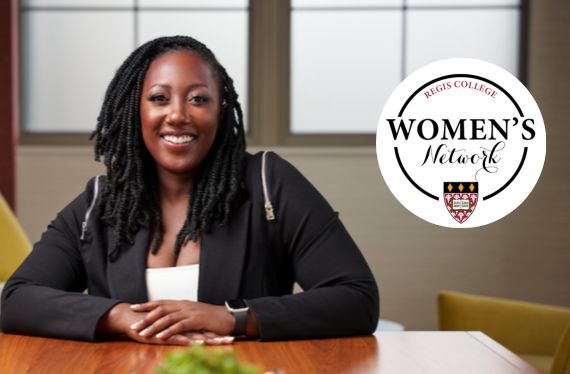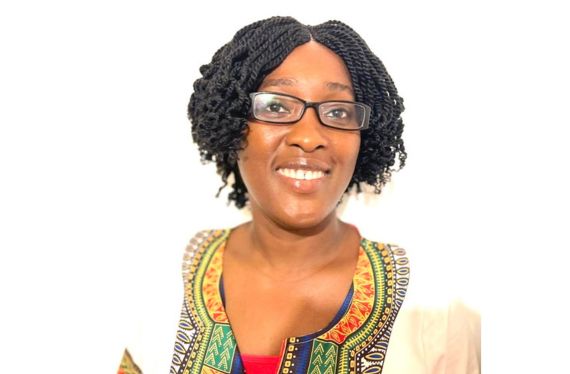
Even before the pandemic, Brenda Lormil, ‘11 ‘15, was on a mission to improve health education within the Haitian American community.
Through web series and community events, Lormil and her team at the Haitian American Medical Association (HAMA) provide a platform for culturally specific health information and resources. “Being in the nursing field it is my duty to make health care better and more accessible,” said Lormil, who serves as the Equity Nurse Practitioner at the Mass General Hospital Cancer Center.
Like countless other health groups and organizations, when the pandemic hit last year HAMA quickly pivoted to tools educating, and destigmatizing, around the many facets of the coronavirus. Among HAMA’s programing are virtual lecture series that cover topics such as precautionary measures (hand hygiene, mask wearing, social distancing), pandemic’s impact on mental health, and vaccine awareness.
Each session is done in Haitian Creole language and streamed live on Facebook and YouTube. Lormil noted that HAMA focused on video content because it is easily accessible on WhatsApp, a messaging platform widely utilized by their Haitian target audience.
“There wasn’t enough information for non-English speaking people in the community to help them grasp the understanding, impact, and ongoing events associated with this global pandemic,” said Lormil. “It is no surprise to us that immigrant and minority communities are evidently marginalized when we talk about health care in America. In addition to the challenges of health literacy and access, there appears to be an increasing amount of misinformation about the pandemic circulating amongst members of these communities. This truth raises the urgency for community organizations like HAMA to find strategic ways to provide accurate pandemic-related information in the most culturally sensitive manner.”
Moving forward, Lormil and her team will focus on providing ongoing COVID-19 updates, information session on the importance of telehealth which has become a more accepted practice of care during the pandemic, and other chronic health-related content.
“We get our motivation from being children of immigrants,” said Lormil. “You don’t know what you don’t know, and it is our goal to reach out to our Haitian community to provide the right health information with a culturally sensitive approach.”


